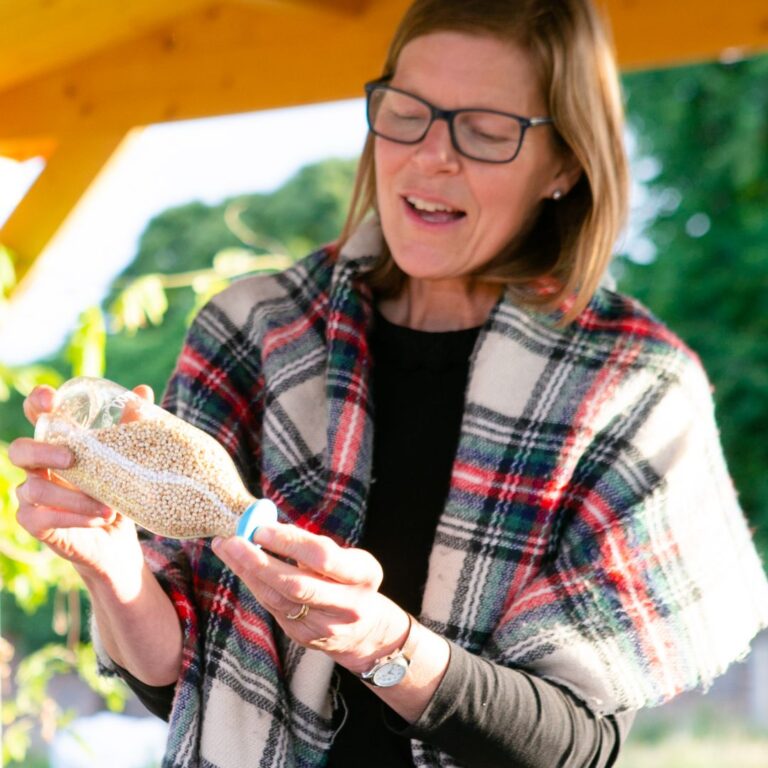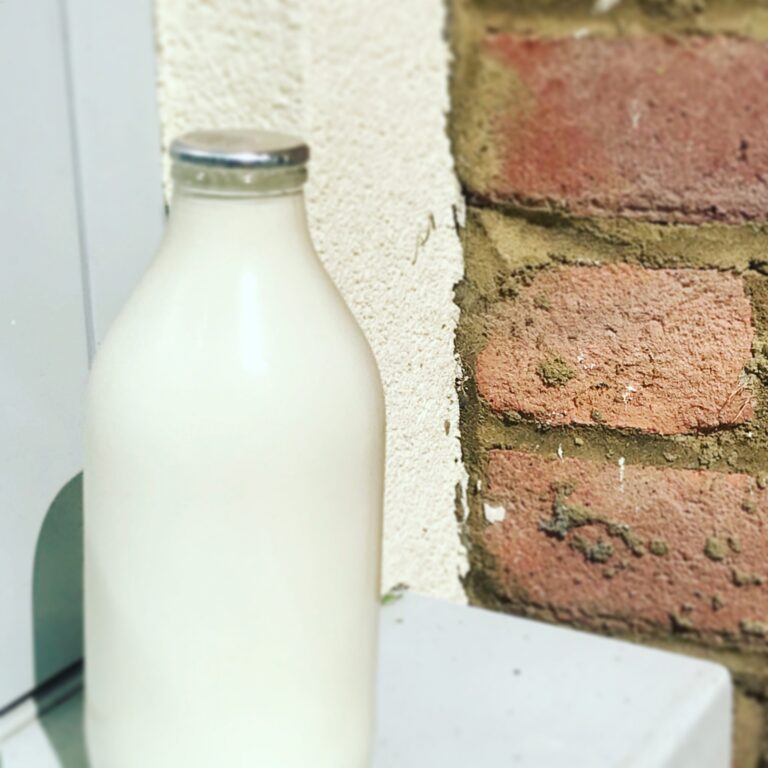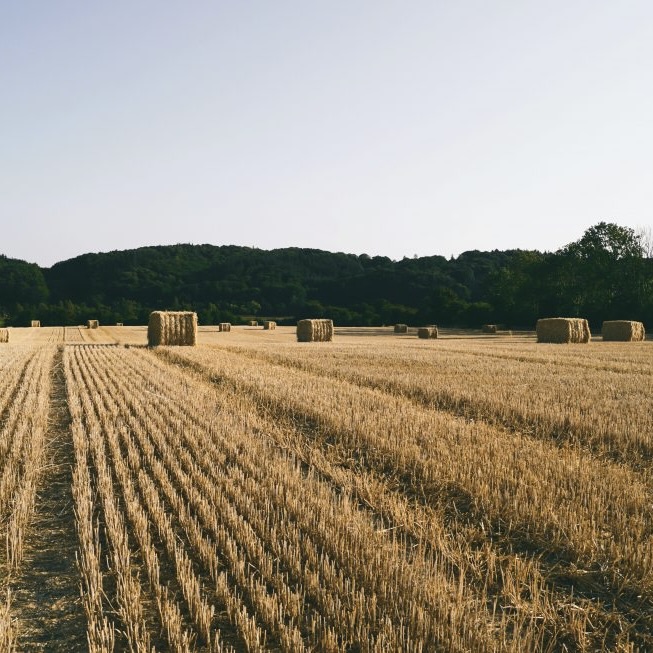Inflammation – can food really help?
With so much misinformation to wade through – here I highlight what we know about the foods which can help to reduce, or protect us from, inflammation.
First of all, what do we mean by Inflammation?
This happens when our immune system is ‘over-responding’ – in other words it starts to attack parts of our body that it shouldn’t. Inflammation is actually a normal & necessary process – it helps wounds heal and protects us from toxins – that redness around a bee sting for example. But when it’s present tall the time, something isn’t quite right. This may be because of an existing auto-immune condition such as Rheumatoid Arthritis for example, or it may be simpler than that…in both cases, food choices can make a difference!
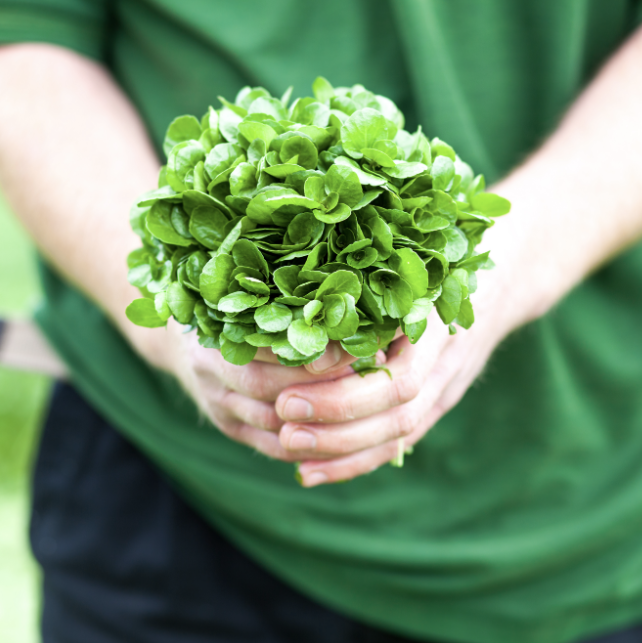
- The Gut Microbiome! With two thirds of our immune system sitting in our gut wall, our gut health is vital for making sure it works well for us (Wastyk 2021) 3 golden rules for best gut health: 1. Eat a wide variety of plants (not just more of the ones you like) 2. Add in small amounts of fermented foods every day (think live yogurt, sourdough & kimchi) 3. Swap those overly processed foods for seasonal ones packed with gut loving rocket fuel! I can’t stress enough how important these are. Our good gut microbes need energy to work for us – polyphenols, or ‘botanicals’ abundant in seasonal foods – think foraged and at least UK-grown – are their fuel and we know that by nurturing our gut microbiome, we also help to regulate our immune system. Check out my wild garlic soup recipe here!
- Omega 3 – a vital anti-inflammatory nutrient mainly found in fish. No other foods give us such an easy to absorb form of this precious unsaturated and heart heathy oil – the British Association of Dieticians list fish as as great source of this anti-inflammatory nutrient.
- Where to find antioxidants in March – The young shoots of wild garlic, nettles, dandelion and seasonal herbs and veg (think oregano – just getting going again in the garden or look out for British watercress These are packed with antioxidants to drive our biology to detox naturally, a daily occurrence in our body. So just as we Spring clean the home, let’s do the same for our health on a daily basis! We’ll be chatting much more about this and how it can reduce our risk of inflammation, at our Gut Café, 10th March – link below.
- SLEEP! Just as vital as our food – so much happens when we sleep – cell repair and lowering of stress hormones – both of which lower our risk of inflammation. Did you know ‘adaptogens’ in mushrooms can really help us to sleep? (Docherty 2023) Eat earlier, hydrate earlier in the day, keep off screens in the evening and try to get >7 hours.

- ‘Inflammaging’ – a fairly new term as a result of recent research showing that with increasing age our immune system becomes less tolerant of our gut microbes, leaving us more at risk from inflammation – possibly one of the reasons why inflammatory conditions become more common later in life
- Keeping a healthy weight – the metabolic changes that occur when living with overweight and obesity drive inflammatory processes within our body. For further advice and support – do please get in touch – small steps can lead to lasting change.
So it really is worth taking time to plan in some time for food shopping and menu planning – it’s also a great way to discover who is producing great foods on your doorstep!
You can read more about how our food is produced and the impact on its quality here
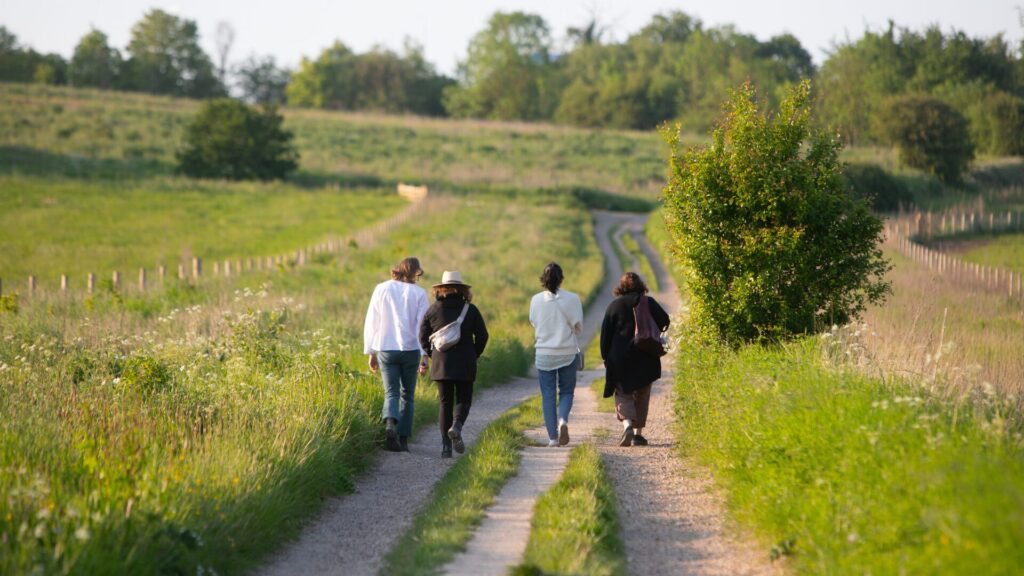
Wastyk, H. C., Fragiadakis, G. K., Perelman, D., Dahan, D., Merrill, B. D., Yu, F. B., Topf, M., Gonzalez, C. G., van Treuren, W., Han, S., Robinson, J. L., Elias, J. E., Sonnenburg, E. D., Gardner, C. D., & Sonnenburg, J. L. (2021). Gut-microbiota-targeted diets modulate human immune status. Cell, 184(16), 4137-4153.e14. https://doi.org/10.1016/j.cell.2021.06.019
Docherty, S., Doughty, F. L., & Smith, E. F. (2023). The Acute and Chronic Effects of Lion’s Mane Mushroom Supplementation on Cognitive Function, Stress and Mood in Young Adults: A Double-Blind, Parallel Groups, Pilot Study. Nutrients, 15(22), 4842. https://doi.org/10.3390/NU15224842/S1

